
Click to view fullscreen
Related Artworks
Discover similar artworks

Circumcision
1590

The Adoration of the Shepherds
1569

Thalia, the Muse of Comedy

Temperance (Temperancia)
1530
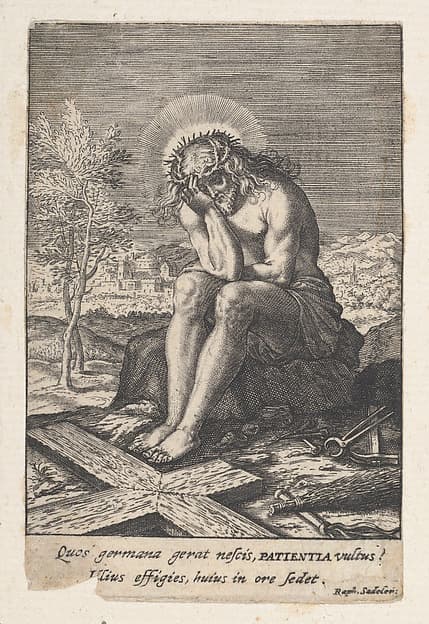
Christ as Man of Sorrows with Instruments of the Passion
1578–ca. 1620
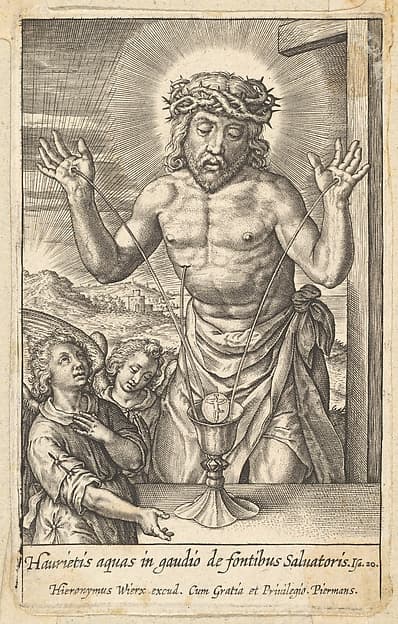
The Blood of the Redeemer Venerated by Two Angels
before 1619

Levi, from The Twelve Sons of Jacob
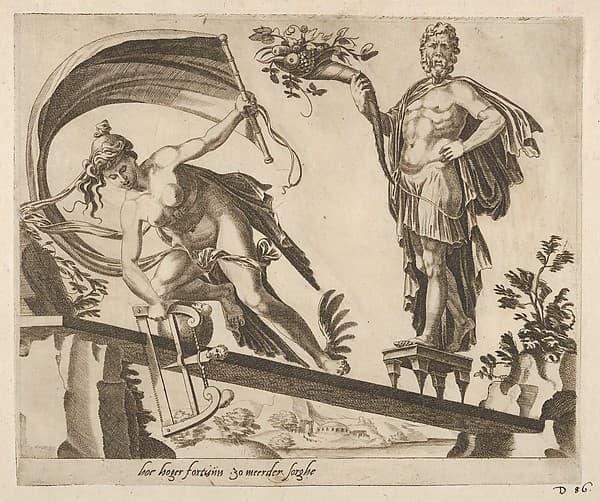
When Fortune Is Abundant, the Fall Will Be Deeper from Six Sayings about Fortune
ca. 1560
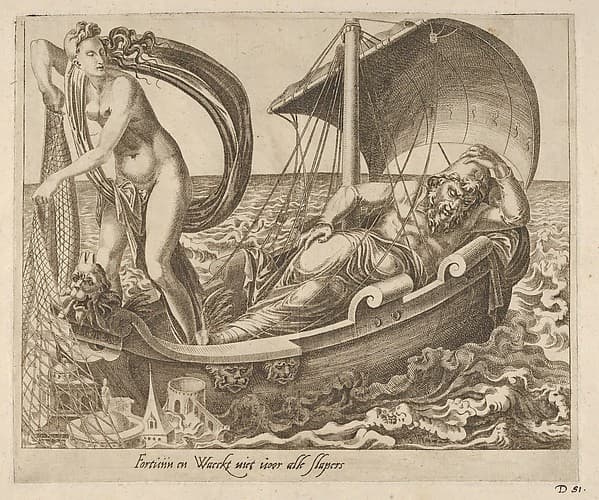
Fortune Does Not Watch over All Sleepers from Six Sayings about Fortune
ca. 1560
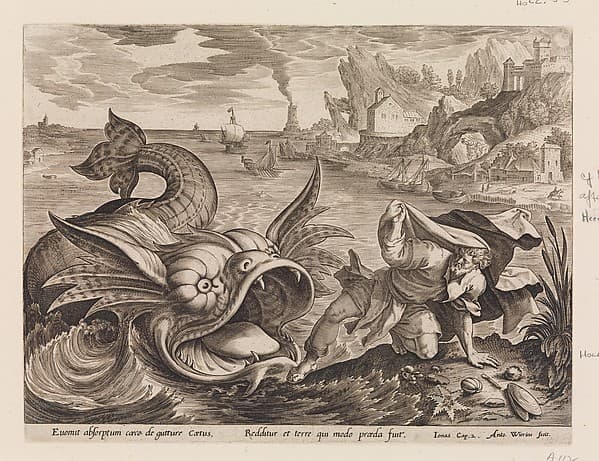
Jonah Cast on Shore by the Fish
ca. 1585

Two Boys with a Helmet and Standard
1527

Experientia, from "Proposopographia"
ca. 1585–90
More by Aegidius Sadeler II
Explore other works by this artist

The Flagellation of Christ, with floggers on either side and figures watching from a balcony above in the background
1593

Angelica and Medoro; they stand next to a stream as Medoro carves their names into a tree, a putto is seated at left with a torch and another putto walks towards them with a goat
1590–98

The Entombment of Christ, with the instruments of the passion in the foreground right and the three crosses in the background at top
ca. 1595

Family Tree of the House of Habsburg
1629

Portrait of Emperor Rudolph II on Horseback
1586–1629

Hercules and Cerberus
1586–1629

Allegorical figure of a warrior standing on a globe with the papal coat of arms at his feet
ca. 1588–1629

Portrait of Pieter Breughel the Younger
1606

Plate 4: Vase or Ewer with a Frieze containing mermaids and centaurs, and below a lion's head with garlands and ribbons, from Antique Vases (‘Vasa a Polydoro Caravagino’)
1605

Plate 3: Vase with a satyr's mask and garlands, from Antique Vases (Vasa a Polydoro Caravagino)
1605

Plate 6: Vase or Ewer with a Frieze Containing Naked Figures, Supported Below by Two Female Sphinxes, from Antique Vases (Vasa a Polydoro Caravagino)
1605

Plate 5: Vase or Ewer with a Double Frieze, the Top shows Men Wrestling a Bull, the Bottom contains a Mask and Two Griffins, from Antique Vases (Vasa a Polydoro Caravagino)
1605